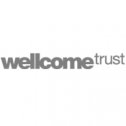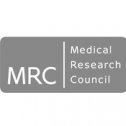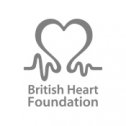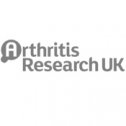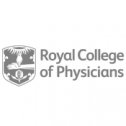Dr Nisreen Alwan, University of Southampton, Utilising routinely-collected individual and area-level maternal and early life data to quantify childhood obesity risk.
Dr David Bann, University College London, Socioeconomic inequalities in health: how have they changed in response to changing policy decisions and economic factors, and how may they be reduced?
Dr Anna Chisholm, University of Liverpool, Optimising Obesity Management Opportunities within Primary Schools: Translating Behaviour Change Science to Educator-Parent Interactions.
Dr Kathrin Cohen Kadosh, University of Surrey, Emotional competence in the transition from primary to secondary school: from brain indices to behaviour.
Dr Laure de Preux, Imperial College London, A robust assessment of the impact of short-term and local pollution variations on health outcomes.
Dr Mariachiara Di Cesare, Middlesex University, Dynamics of social inequalities in undernutrition and adiposity from 1975 to 2015: a global analysis.
Dr Cornelia Guell, University of Exeter, A pooled qualitative analysis to develop a new social science approach to population strategies for promoting active living.
Dr Alice Hall, University of York, Changing Cultures of Care.
Dr Claire Jones, University of Kent, Oral Health Inequalities, Oral Hygiene Cultures in England, 1870-1970.
Dr Jenevieve Mannell, University College London, Assessing the potential of innovative qualitative methodologies for Randomised Controlled Trials (RCTs).
Dr Chrysanthi Papoutsi, University of Oxford, Digital health for patient safety: a case study in epilepsy care.
Dr Raoul Reulen, University of Birmingham, The Teenage and Young Adult Cancer Survivor Study – linking to electronic health databases to determine the burden of morbidity faced by survivors of cancer diagnosed age 15-39 years.
Dr Suzanne Spence, Newcastle University, An evaluation of food choice architecture on food and drink consumption in 11-16y olds in North East England: a pilot study.
Dr Christina Vogel, University of Southampton, Women’s Responses to Adjusted Product Placement and its Effect on Diet (WRAPPED).
Dr Rebecca Williams, University of Exeter, Population Control and the Emergency in India: The Shah Commission Regained.
Dr Jenny Woodman, University College London, Understanding engagement between health and social care services for managing vulnerable children.
